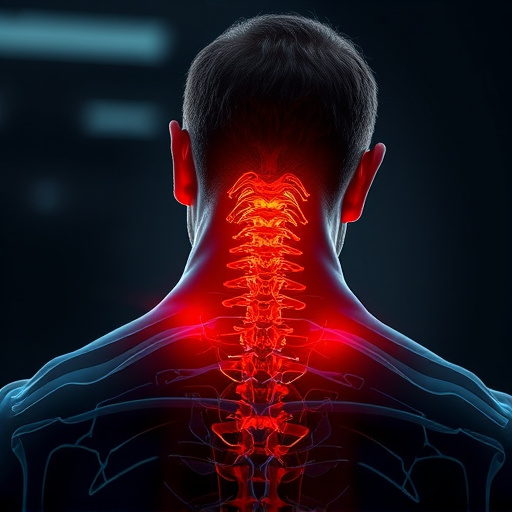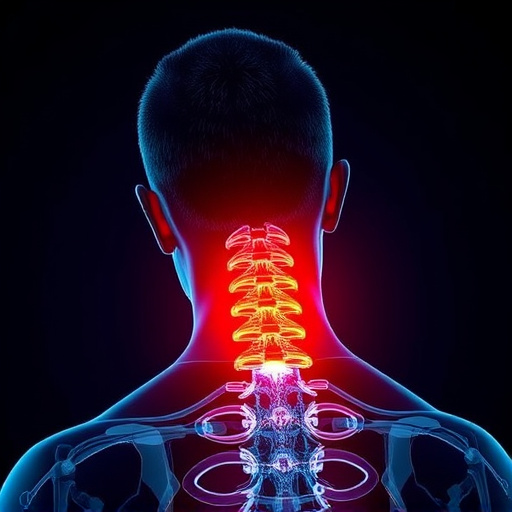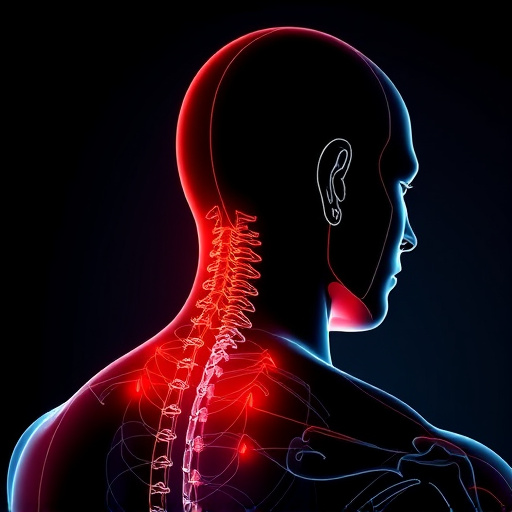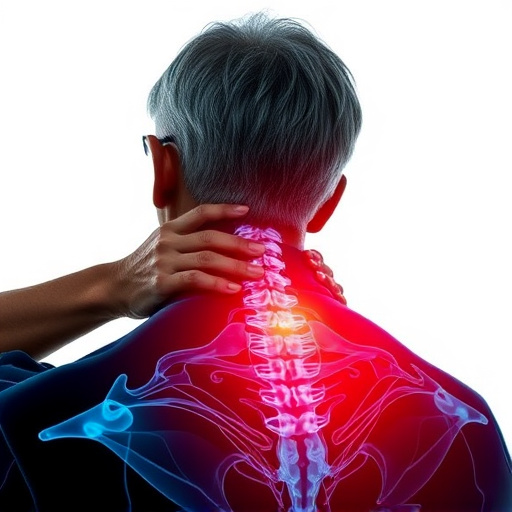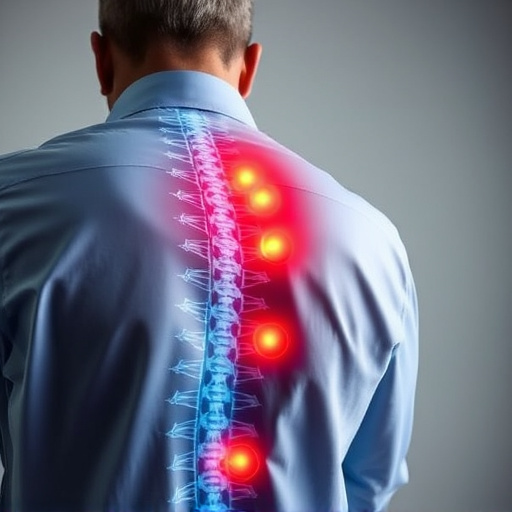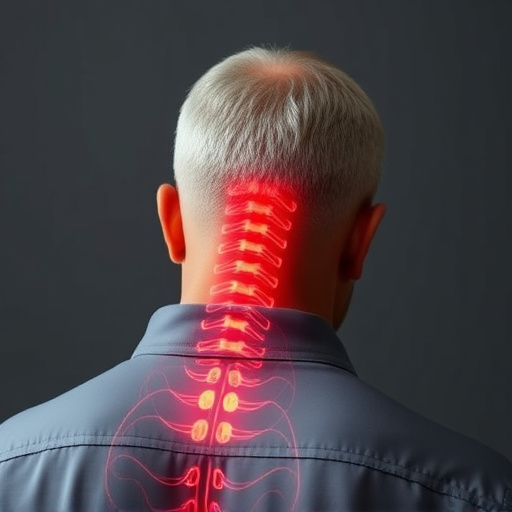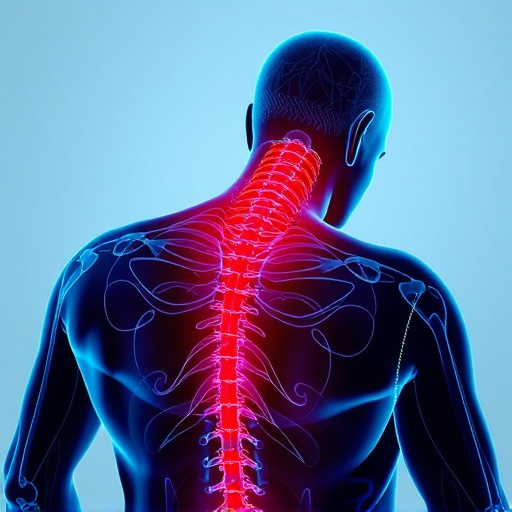Whiplash, a common automotive collision injury, requires specialized care from whiplash treatment specialists. These professionals utilize initial assessments, physical therapy, and non-invasive techniques like ultrasound and heat/cold therapy to manage pain, restore mobility, and prevent long-term complications. They tailor rehabilitation programs, educate patients on injury management, and offer holistic approaches including chiropractic adjustments, CBT, and specialized massage to address chronic pain. Prompt intervention by whiplash treatment specialists is key to accelerating recovery and mitigating the risk of lasting symptoms for automotive collision victims.
“Experience a car crash? Comprehensive whiplash treatment is crucial for full recovery. This guide delves into the multifaceted approach to managing this common injury, starting with understanding its causes and initial assessment. Discover the expertise of a whiplash treatment specialist, who plays a pivotal role in crafting personalized care plans. Explore non-invasive pain management techniques, physical therapy strategies, alternative treatments, and methods to prevent long-term complications. Equip yourself with knowledge for optimal healing post-automotive collisions.”
- Understanding Whiplash: Common Causes and Initial Assessment
- The Role of a Whiplash Treatment Specialist
- Non-Invasive Techniques for Pain Management
- Physical Therapy and Rehabilitation Strategies
- Alternative Treatments: Exploring Options for Long-Term Relief
- Preventing Long-Term Complications and Promoting Recovery
Understanding Whiplash: Common Causes and Initial Assessment
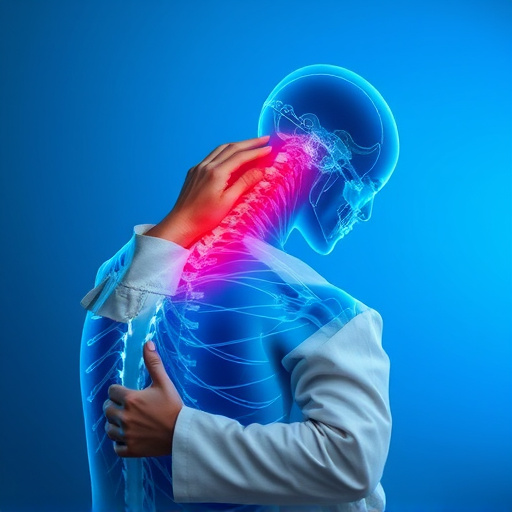
Whiplash is a common injury resulting from automotive collisions, particularly rear-end crashes. It’s characterized by rapid back-and-forth movement of the neck, causing muscle strains and spinal cord disturbances. This initial assessment phase is crucial for whiplash treatment specialists to understand the severity of the injury and develop an appropriate plan.
Common causes include sudden deceleration, abrupt stopping, or being struck from behind, leading to hyperflexion and hyperextension of the neck. Symptoms may not immediately manifest, making it essential for specialists to conduct thorough examinations, including physical assessments, neurology tests, and imaging studies, to accurately diagnose whiplash and initiate effective treatment promptly.
The Role of a Whiplash Treatment Specialist
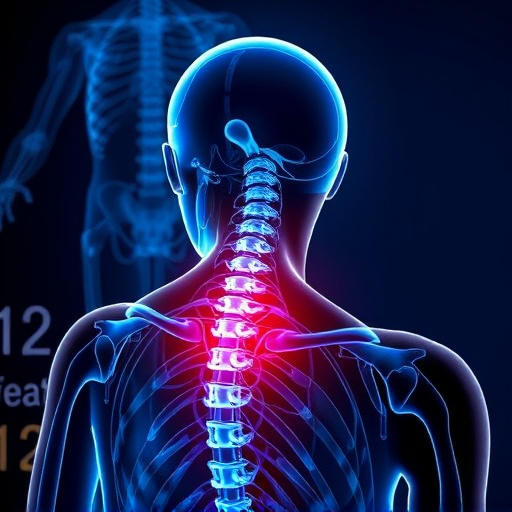
In the aftermath of an automotive collision, proper care and management of injuries are paramount. One crucial player in this process is the whiplash treatment specialist. These professionals are trained to address a common yet potentially serious injury type that occurs during car accidents: whiplash. Whiplash is a neck strain or sprain caused by sudden forward and backward jerking of the head, often resulting from rear-end collisions.
A whiplash treatment specialist leverages specialized knowledge and techniques to provide comprehensive care for victims. They offer a range of treatments, including manual therapy, exercise programs, and sometimes advanced technologies, to alleviate pain, restore mobility, and prevent long-term issues. Their expertise is vital in guiding patients through recovery, ensuring the best possible outcomes, and helping them return to their normal routines.
Non-Invasive Techniques for Pain Management

Many automotive collision victims experience pain, particularly in the neck and back, due to conditions like whiplash. Traditional treatments often involve invasive methods, but modern approaches are shifting towards non-invasive techniques. A whiplash treatment specialist may recommend physical therapy, including gentle exercises and stretching routines, to restore mobility and alleviate discomfort without surgery or medication.
Ultrasound, electrical stimulation, and heat/cold therapy are other non-invasive options. These treatments can effectively manage pain, reduce inflammation, and speed up the healing process. Whiplash treatment specialists tailor these methods to individual needs, ensuring a comprehensive approach that considers both short-term relief and long-term recovery.
Physical Therapy and Rehabilitation Strategies
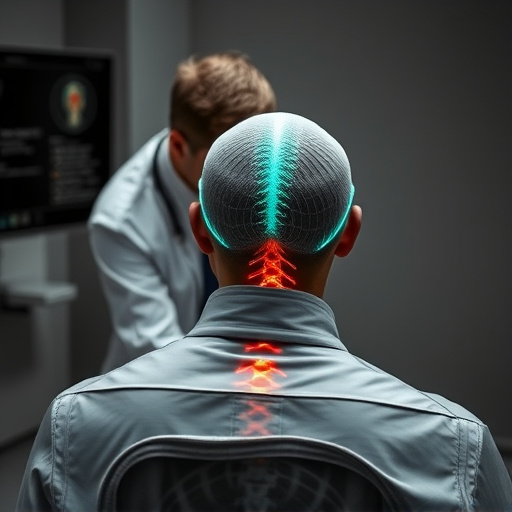
Physical therapy plays a crucial role in the rehabilitation process following automotive collisions, especially for conditions like whiplash. A whiplash treatment specialist can design personalized programs to address muscle sprains and strains, joint stiffness, and pain associated with this common injury. Techniques such as manual therapy, exercises targeting specific muscle groups, and modal treatments (e.g., heat or cold therapy) are employed to reduce inflammation, improve mobility, and restore function.
Rehabilitation strategies extend beyond physical symptoms, focusing on the whole individual. This includes education about injury management, postural corrections, and ergonomic adjustments to prevent future recurrence. Patients learn coping mechanisms for pain, stress-reduction techniques, and progressive exercises tailored to their recovery stage, ensuring a comprehensive approach that supports both short-term relief and long-term health.
Alternative Treatments: Exploring Options for Long-Term Relief

After a car accident, many victims suffer from various injuries, with whiplash being a common and often long-lasting consequence. While traditional treatments like physical therapy and medication can provide temporary relief, exploring alternative options can offer more enduring solutions for those seeking comprehensive care. Chiropractors, for instance, specialize in adjusting the spine to alleviate pressure on nerves, which can be particularly effective for chronic whiplash pain.
Other alternatives include specialized massage therapies that target muscle tightness and sensitivity associated with whiplash. Some practitioners also incorporate techniques like acupuncture or cognitive-behavioral therapy (CBT) to address the psychological aspects of injury recovery, ensuring patients receive holistic care tailored to their needs. These alternative treatments can be a game-changer for those seeking long-term relief from the debilitating effects of whiplash, potentially reducing the need for ongoing medical interventions.
Preventing Long-Term Complications and Promoting Recovery

Preventing long-term complications is a key focus in the comprehensive treatment of automotive collision victims, especially regarding whiplash injuries. Early intervention and specialized care can significantly impact recovery outcomes. Whiplash treatment specialists play a vital role in managing pain and restoring mobility through tailored therapies. These may include manual therapy, targeted exercises, and educational strategies to empower patients in their healing process.
By addressing symptoms promptly, specialists aim to prevent chronic pain and disability often associated with whiplash. This proactive approach encourages a faster return to daily activities and reduces the risk of developing long-lasting complications. Effective treatment plans consider individual needs, ensuring personalized care for optimal recovery.





